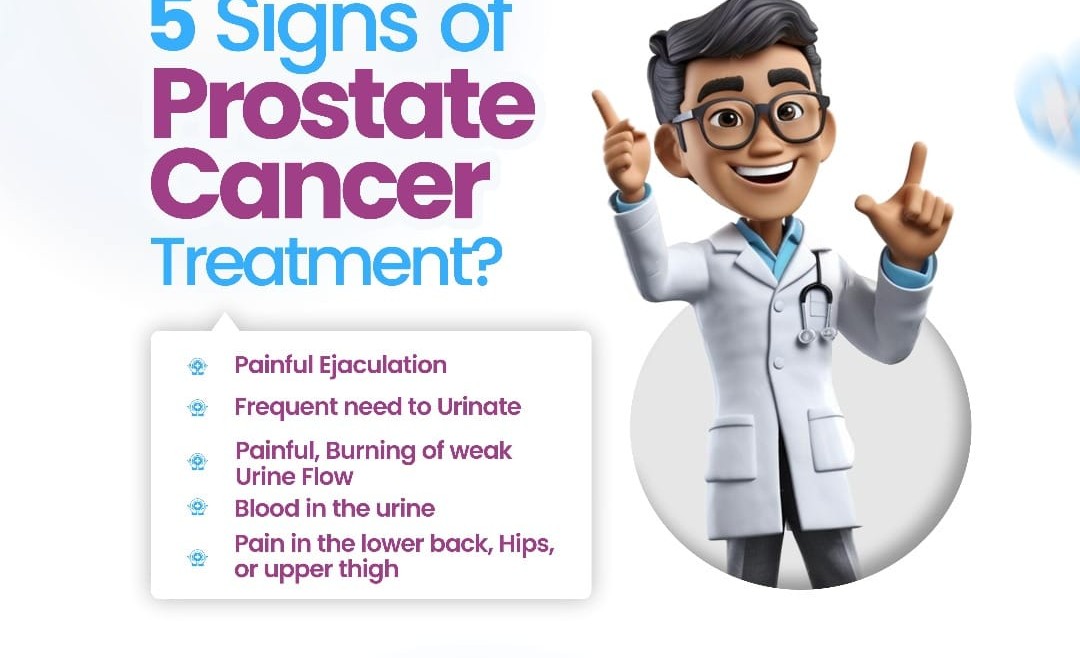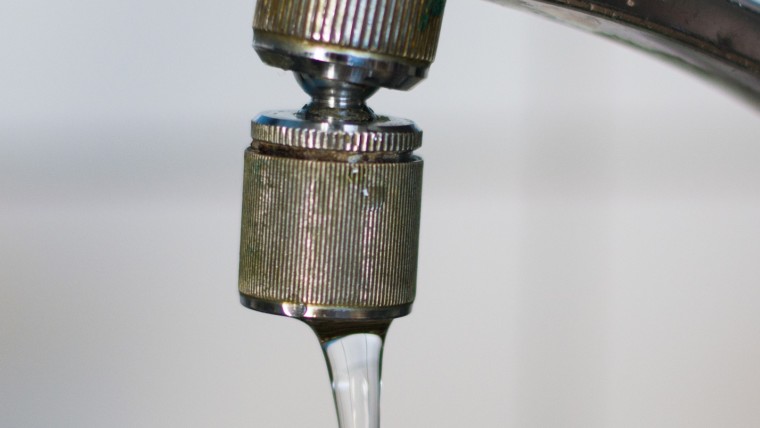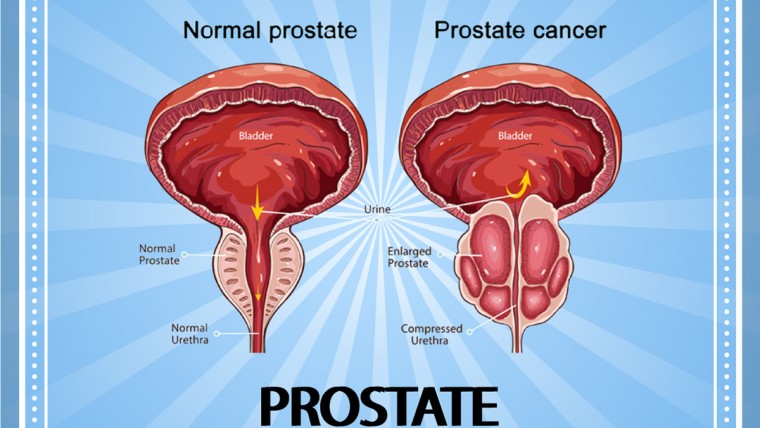Prostate cancer is one of the most common types of cancer among men, but in its early stages, it often shows no noticeable symptoms. This can make early detection challenging. However, as the disease progresses, several signs may begin to appear. Understanding these symptoms is key to early diagnosis and treatment, which can significantly improve outcomes.
Here are some common signs that may indicate prostate cancer:
- Frequent Urination
Men with prostate cancer often experience a sudden urge to urinate more frequently, especially during the night (nocturia). If you’re finding yourself waking up multiple times to use the bathroom, it might be time to consult your doctor. - Difficulty Starting or Stopping Urination
A noticeable difficulty in initiating urination, or stopping once it begins, can be an indicator of prostate issues, including cancer. - Weak or Interrupted Urine Flow
Weak urine flow or a stream that starts and stops mid-flow can occur when the prostate is enlarged or affected by cancerous growths, obstructing the urinary passage. - Pain or Burning Sensation During Urination
If you experience pain or a burning sensation when you urinate, it could be a sign of infection, inflammation, or something more serious like prostate cancer. - Blood in Urine or Semen
Blood in your urine (hematuria) or semen (hematospermia) can be alarming and is a sign that you should see a doctor immediately. While it can result from other conditions, it may also be a symptom of prostate cancer. - Erectile Dysfunction
Difficulties with achieving or maintaining an erection can be another symptom of prostate cancer, especially as the cancer progresses. - Discomfort or Pain in the Pelvic Area
Pain, discomfort, or a sense of pressure in the pelvic region can be linked to prostate issues, including cancer. This symptom might also radiate to the back, hips, or thighs.
When to Seek Medical Advice
If you or a loved one are experiencing any of these symptoms, it’s crucial to speak with a healthcare provider. While these signs don’t always indicate prostate cancer, early detection of any prostate condition can make a significant difference in treatment success.
Regular screenings, particularly for men over the age of 50 or those with a family history of prostate cancer, are essential for early detection. Don’t wait for symptoms to become severe before seeking medical advice—your health is worth the precaution.
Take Charge of Your Health
Being proactive about your health is one of the best ways to combat prostate cancer. Regular check-ups, understanding your risk factors, and maintaining a healthy lifestyle can all contribute to early detection and prevention.




